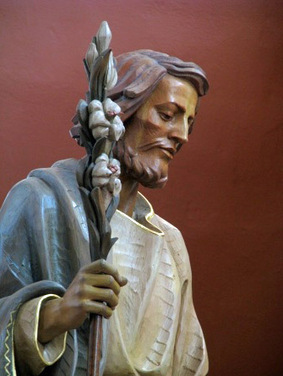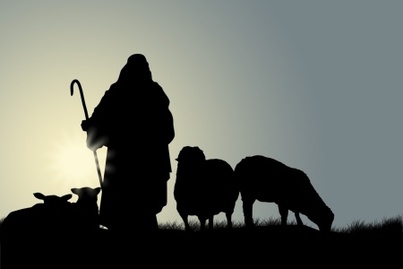
During the course of this past year we published over a hundred blog posts here (and more than a hundred on our sister site TacticalChristianity.org ). This list of "Twelve Favorites" gives you the posts that were most popular on this site, so check out the list to see how it compares with your own favorites and to see if you missed any...
Is Faith the Size of a Mustard Seed All You Need?
The Apostle Who Didn't Come to Dinner
The Last Miracle
Walking the Road to Emmaus
Grains of Sand
The Right End of the Telescope
Why Were You Called?
Hannah's Gift
The Apostle Paul's Job Description
The Second Step of Forgiveness
Not Just a Face in the Crowd
What Shepherds Do
* We have many new blog posts lined up for January, and three new blog series that we think you will enjoy. So check out any of the favorites you may have missed from the past year here on this site and then on our sister site – TacticalChristianity.org – and look out for the new year's offerings coming soon!








 RSS Feed
RSS Feed
